Home>Garden Essentials>What Seeds Are Bad For Dogs
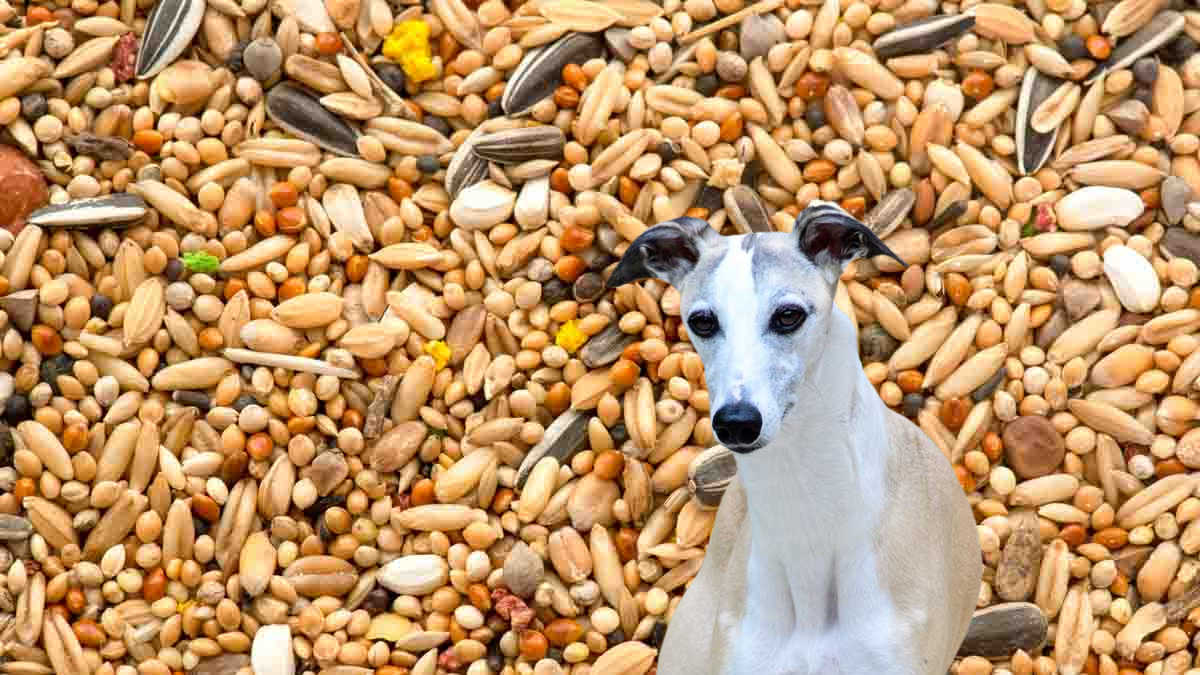

Garden Essentials
What Seeds Are Bad For Dogs
Modified: September 1, 2024
"Discover the garden seeds that are harmful to dogs and keep your furry friend safe. Learn which seeds to avoid and how to create a dog-friendly gardening environment."
(Many of the links in this article redirect to a specific reviewed product. Your purchase of these products through affiliate links helps to generate commission for Storables.com, at no extra cost. Learn more)
Introduction
Welcome to our article on seeds that are bad for dogs. As a pet owner, it’s crucial to be aware of the potential risks and hazards that certain foods can pose to our furry friends. While dogs generally have a diverse diet, it’s important to know which foods, including seeds, should be avoided to keep them safe and healthy.
Seeds are a common ingredient in our diets, and we often enjoy them as snacks or use them as ingredients in various dishes. However, not all seeds are suitable for dogs to consume. In fact, some seeds can be toxic and cause harm to their digestive system, leading to various health issues.
In this article, we will provide an overview of seeds and dogs, highlighting the seeds that are harmful to our canine companions. It’s important to note that the information provided here is for educational purposes only, and if you suspect that your dog has consumed any of these seeds, please consult with your veterinarian for appropriate advice and guidance.
Remember, prevention is key when it comes to keeping our furry friends safe. By familiarizing ourselves with the seeds that are harmful to dogs, we can take the necessary precautions and avoid any potential dangers. Let’s dive in and discover which seeds we should steer clear of in order to protect our beloved canine companions.
Key Takeaways:
- Avoid feeding your dog harmful seeds like grapes, apple seeds, and peach pits to prevent potential health issues and keep them safe and healthy.
- Always consult with your veterinarian before sharing any seeds with your dog, and prioritize a well-balanced diet to ensure their nutritional needs are met.
Read more: What Is A Grass Seed In Dogs
Overview of Seeds and Dogs
Seeds come in various shapes, sizes, and textures, and they are a common part of our everyday diet. From fruits to vegetables and even nuts, seeds offer a range of nutritional benefits for humans. However, when it comes to our four-legged friends, not all seeds are safe for consumption.
Dogs have different digestive systems compared to humans, and certain seeds can be detrimental to their health. Some seeds contain substances that are toxic to dogs, which can lead to gastrointestinal issues, intestinal blockages, or even poisoning. It’s essential to be aware of which seeds to avoid when sharing food with our canine companions.
Additionally, seeds can pose a choking hazard or blockage risk for dogs, especially if they are swallowed whole or in large quantities. The size and texture of seeds can make them difficult to digest, and they may get stuck in the throat or intestinal tract, requiring immediate veterinary attention.
While not all seeds are harmful to dogs, it’s generally best to err on the side of caution and avoid feeding them seeds altogether. Instead, focus on providing a well-balanced diet that meets their nutritional needs and consult with your veterinarian regarding appropriate treats and snacks.
Now that we understand the risks associated with seeds and dogs, let’s explore the specific seeds that are known to be harmful to our furry friends.
Seeds that are Harmful to Dogs
While it’s important to note that not all seeds are bad for dogs, there are several seeds that can be harmful or toxic to their health. Let’s take a closer look at some of these seeds:
-
Grapes and Raisins
Grapes and raisins may seem harmless, but they can cause kidney failure in dogs. Even a small amount can be toxic and lead to serious health complications. It’s crucial to keep grapes and raisins away from your canine companion.
-
Avocado Pits and Skin
While the flesh of avocado is safe for dogs in moderation, the pits and skin contain a substance called persin, which can be toxic to them. Ingesting avocado pits can lead to gastrointestinal issues or blockages.
-
Read more: What Does Chia Seeds Do For Dogs
Apple Seeds
Apple seeds contain a compound called amygdalin, which releases cyanide when chewed or digested. While a small number of apple seeds are unlikely to cause harm, it’s best to remove them before sharing apples with your dog.
-
Peach and Plum Pits
Peach and plum pits contain cyanide, which is toxic to dogs. Ingesting these pits can lead to various health issues, including respiratory distress, tremors, or even death. It’s essential to keep peaches and plums out of your dog’s reach.
-
Cherry Pits
Similar to peach and plum pits, cherry pits contain cyanide and pose a serious health risk to dogs. Ingesting cherry pits can lead to digestive problems, respiratory issues, or even cyanide poisoning.
-
Tomato Seeds
While the flesh of tomatoes is safe for dogs, the seeds contain solanine, a toxic substance that can be harmful to their digestive system. It’s best to remove the seeds before sharing tomatoes with your furry friend.
-
Read more: What To Do If Dog Eats Bird Seed
Citrus Seeds
Seeds from citrus fruits like oranges, lemons, and grapefruits can be a choking hazard for dogs. It’s important to remove any seeds before offering citrus fruits as a treat.
-
Persimmon Seeds
Persimmon seeds can cause intestinal blockages in dogs, leading to pain and discomfort. It’s crucial to remove the seeds before sharing persimmons with your dog.
-
Apricot Seeds
Apricot seeds contain cyanide, which can be poisonous to dogs. Ingesting apricot seeds can cause respiratory problems, seizures, or even death.
-
Pear Seeds
Pear seeds can be a choking hazard for dogs, particularly due to their size and shape. It’s best to remove the seeds before offering pears to your furry friend.
-
Read more: What Happens If Dogs Eat Apple Seeds
Pumpkin or Squash Seeds
Pumpkin and squash seeds can be a healthy snack for dogs, but they should be offered in moderation and without any added salt, spices, or oils. It’s important to remove the shells before feeding them to your dog.
-
Sunflower and Sesame Seeds
Sunflower and sesame seeds are generally safe for dogs to consume in small quantities. However, it’s best to offer them as a part of a balanced meal rather than as a standalone treat.
-
Any Other Seeds
As a general rule of thumb, it’s best to avoid feeding your dog any other types of seeds unless you have consulted with your veterinarian and they have deemed them safe for consumption.
Remember, prevention is key when it comes to keeping our furry friends safe. By avoiding these harmful seeds, we can protect our dogs from potential health complications and ensure their well-being.
Grapes and Raisins
Grapes and raisins are popular and healthy snacks for humans, but they can be extremely dangerous for dogs. Even in small quantities, grapes and raisins can cause kidney failure in dogs. The exact toxic substance in grapes and raisins is still unknown, and not all dogs are affected the same way, but it’s best to err on the side of caution and avoid giving them to your furry friend altogether.
Symptoms of grape or raisin toxicity in dogs may include vomiting, diarrhea, loss of appetite, weakness, increased thirst or urination, and abdominal pain. In severe cases, it can lead to kidney failure and even death.
If you suspect that your dog has ingested grapes or raisins, it’s crucial to seek veterinary attention immediately, even if they are not showing symptoms yet. The veterinarian may induce vomiting to remove the toxic substance from their system or administer activated charcoal to prevent its absorption.
Remember that prevention is key when it comes to keeping your dog safe. Ensure that grapes and raisins are kept out of reach and educate your family and visitors about the potential dangers of feeding them to your dog.
Read more: Why Are Sunflower Seeds Bad For You
Avocado Pits and Skin
Avocados have gained popularity in recent years for their nutritional benefits and creamy texture. While the flesh of avocados is safe for dogs to consume in moderation, the pits and skin of avocados should be strictly avoided.
Avocado pits and skin contain a substance called persin, which can be toxic to dogs. Ingesting these parts of the avocado can lead to various health issues, including gastrointestinal problems and intestinal blockages.
It’s important to note that the amount of persin in avocados varies depending on the specific avocado variety, so some dogs may be more sensitive to it than others. In general, it’s best to err on the side of caution and prevent your dog from accessing avocado pits or skin.
If your dog accidentally ingests avocado pits or skin, monitor them closely for any signs of discomfort or digestive upset. Symptoms may include vomiting, diarrhea, or abdominal pain. In severe cases, an intestinal blockage may occur, necessitating immediate veterinary attention.
Remember to always consult with your veterinarian about suitable foods to feed your dog. While avocado flesh can be a healthy treat, it should be offered in moderation and without any added spices or seasonings that may be harmful to dogs.
Keep your dog safe by securely disposing of avocado pits and skins and ensuring that your furry friend cannot access them in the kitchen or garden. By practicing vigilance, you can prevent any potential avocado-related health issues for your canine companion.
Apple Seeds
Apples are a popular and healthy snack for humans, but when it comes to dogs, there’s a part of the apple that should be avoided: the seeds.
Apple seeds contain a compound called amygdalin, which releases cyanide when chewed or digested. While a small number of apple seeds are unlikely to cause harm, it’s best to remove them before sharing apples with your dog.
Cyanide is a toxic substance that can be harmful to dogs, especially in larger quantities. Ingesting apple seeds can lead to various symptoms of cyanide poisoning, including difficulty breathing, panting, dilated pupils, and even seizures.
If you suspect that your dog has ingested apple seeds, it’s important to monitor them closely for any signs of distress. Contact your veterinarian immediately if you notice any abnormal behavior or symptoms.
To prevent your dog from ingesting apple seeds, make sure to core and remove the seeds before offering apples as a treat. Additionally, be cautious when disposing of apple cores around your dog, as they may be attracted to the scent and try to consume the seeds.
Remember that apples themselves can be a healthy snack for dogs, providing vitamins, fiber, and hydration. Just make sure to remove the seeds and cut the apple into small, bite-sized pieces to prevent choking hazards.
By being proactive and mindful of the potential dangers of apple seeds, you can continue to treat your dog to the goodness of apples while keeping them safe and healthy.
Peach and Plum Pits
Peaches and plums are delicious fruits that many people enjoy, but it’s important to keep their pits away from our furry friends. The pits of peaches and plums, also known as stones, contain a compound known as amygdalin, which breaks down into cyanide when ingested.
Ingesting peach or plum pits can be extremely toxic to dogs, potentially leading to serious health issues. Cyanide poisoning can cause symptoms such as difficulty breathing, rapid breathing, vomiting, diarrhea, abdominal pain, weakness, and even seizures.
It’s crucial to prevent your dog from accessing peach or plum pits. This means being mindful of where you discard these fruits and ensuring that your dog doesn’t have access to them. It’s also important to be cautious if you have peach or plum trees in your yard, as the fallen fruit can be tempting to dogs.
If you suspect that your dog has consumed a peach or plum pit, contact your veterinarian immediately. They will be able to provide guidance on the appropriate steps to take based on the specific circumstances.
Remember that prevention is always better than treatment. Remove pits from peaches and plums before offering them as a treat to your dog. If you’re unsure about the safety of any fruit, consult with your veterinarian to ensure that it is suitable for your dog’s consumption.
By being vigilant and proactive, you can protect your dog from the potential hazards associated with peach and plum pits and continue to enjoy these fruits together in a safe and healthy manner.
Cherry Pits
Cherries are a delicious summertime treat, but it’s important to be aware of the potential dangers that come with the pits. Cherry pits, like peach and plum pits, contain a compound called amygdalin, which can break down into toxic cyanide when ingested by dogs.
Ingesting cherry pits can pose serious health risks for dogs. Cyanide poisoning can lead to symptoms such as difficulty breathing, rapid breathing, vomiting, diarrhea, abdominal pain, weakness, and even seizures.
As a responsible pet owner, it’s crucial to prevent your dog from accessing cherry pits. This means being cautious about where you discard the pits and ensuring that your dog doesn’t have access to them. It’s important to note that cherry pits can also pose a choking hazard, so it’s best to keep them out of your dog’s reach entirely.
If you suspect that your dog has consumed cherry pits or is exhibiting any symptoms of cyanide poisoning, contact your veterinarian immediately. They will be able to provide guidance on the appropriate steps to take based on your dog’s specific situation.
When sharing cherries with your dog, it’s best to remove the pits beforehand. Offer your dog pitted cherries as a tasty and refreshing treat in moderation. Remember that moderation is key, as cherries are high in natural sugars and can potentially cause gastrointestinal upset if consumed in large quantities.
By being proactive and knowledgeable about the potential risks associated with cherry pits, you can ensure the safety and well-being of your furry friend while still enjoying the deliciousness of cherries together.
Read more: How To Know If Sunflower Seeds Are Bad
Tomato Seeds
Tomatoes are a commonly used ingredient in various culinary dishes, but it’s important to be cautious about sharing them with your furry friend. While the flesh of tomatoes is generally safe for dogs to consume in moderation, the seeds can be problematic.
Tomato seeds, along with the surrounding gel-like substance, contain a compound called solanine. Solanine belongs to a group of chemicals known as glycoalkaloids, which can be toxic to dogs if ingested in large quantities.
Ingesting tomato seeds in small amounts is unlikely to cause harm, but it’s best to remove them before sharing tomatoes with your dog. Additionally, if your dog is prone to digestive sensitivity or has a known history of gastrointestinal issues, it may be best to avoid feeding them tomatoes altogether.
If your dog accidentally consumes tomato seeds, monitor them closely for any signs of discomfort or digestive upset. Symptoms may include vomiting, diarrhea, or abdominal pain. In such cases, it’s advisable to contact your veterinarian for guidance and advice.
When preparing tomatoes for your dog, ensure that you remove the seeds and any excessive amounts of the gel-like substance. Offer your dog ripe, red tomatoes as a treat in small, bite-sized pieces, and never feed them unripe green tomatoes, as these can be even more harmful.
As with any new food introduction, it’s essential to observe your dog’s individual response. Some dogs may be more sensitive to tomatoes than others. If you have concerns or questions, consult with your veterinarian to determine if tomatoes are suitable for your dog’s specific dietary needs.
By being mindful of the potential risks associated with tomato seeds and taking appropriate precautions, you can safely incorporate tomatoes into your dog’s diet and enjoy their nutritional benefits together.
Citrus Seeds
Citrus fruits like oranges, lemons, and grapefruits are known for their refreshing taste and high vitamin C content. While these fruits can be a healthy addition to our diet, it’s important to be cautious about the seeds when sharing citrus fruits with our dogs.
Citrus seeds, like other fruit seeds, can pose a choking hazard for dogs. The small, round seeds can easily become lodged in their throat or cause digestive discomfort if swallowed whole.
When preparing citrus fruits for your dog, it’s crucial to remove any seeds before offering them as a treat. Take the time to carefully extract the seeds to ensure the safety of your furry friend.
As with any new food, it’s important to introduce citrus fruits gradually and observe your dog’s individual response. Some dogs may be more sensitive to the acidic nature of citrus fruits, which can potentially lead to stomach upset or irritation.
While the fruit itself is generally safe for dogs in small amounts, it’s important to offer citrus fruits as an occasional treat rather than a staple in their diet. Moderation is key to ensure that your dog’s digestive system remains balanced and healthy.
If you suspect that your dog has accidentally consumed citrus seeds or is experiencing any symptoms of discomfort, such as choking, vomiting, or abdominal pain, it’s crucial to contact your veterinarian for guidance and appropriate care.
By being vigilant about removing citrus seeds and monitoring your dog’s response, you can safely incorporate these fruits into their diet as an occasional and enjoyable treat.
Persimmon Seeds
Persimmons are delicious fruits enjoyed by many, but it’s important to be cautious about the seeds when it comes to sharing them with your furry friend. Persimmon seeds can pose a potential health risk to dogs if ingested.
The seeds of persimmons may cause intestinal blockages in dogs, leading to pain, discomfort, and digestive issues. These blockages can be serious and may require immediate medical attention.
To prevent your dog from consuming persimmon seeds, it’s crucial to remove the seeds before offering the fruit as a treat. Take the time to carefully extract the seeds to ensure your dog’s safety.
Furthermore, if you have persimmon trees in your yard, it’s important to prevent your dog from accessing fallen or ripening persimmons. Dogs may be attracted to the scent and taste of the fruit, and inadvertently consume seeds along with the flesh.
If you suspect that your dog has ingested persimmon seeds or is experiencing symptoms such as vomiting, diarrhea, or abdominal discomfort, contact your veterinarian for guidance and assistance. They will be able to provide appropriate treatment based on the specific circumstances.
Remember that prevention is key when it comes to keeping your dog safe from the potential hazards of persimmon seeds. By removing the seeds and being vigilant about their consumption, you can continue to enjoy persimmons with your furry friend while keeping their health and well-being in mind.
Apricot Seeds
Apricots are sweet and flavorful fruits, but it’s important to be aware of the potential risks associated with the seeds when it comes to dogs. Apricot seeds, also known as pits or kernels, contain a compound called amygdalin, which can be toxic to dogs if ingested.
Amygdalin breaks down into cyanide when digested, and in large amounts, it can lead to cyanide poisoning in dogs. Symptoms of cyanide poisoning may include difficulty breathing, rapid breathing, vomiting, diarrhea, weakness, and seizures.
To keep your furry friend safe, it’s crucial to prevent them from accessing apricot seeds. This means being cautious about disposal, both in your kitchen and around your garden if you have apricot trees. Remember that dogs are curious and may be attracted to the scent and taste of apricot seeds.
If you suspect that your dog has consumed apricot seeds or is showing signs of cyanide poisoning, it’s important to seek veterinary attention immediately. Time is of the essence in such cases, and your veterinarian will be able to provide appropriate guidance and treatment.
When sharing apricots with your dog, always remove the seeds beforehand. Offer them the flesh of the apricot as a treat in small, bite-sized pieces. Remember that moderation is key, as apricots are high in natural sugars and can potentially cause gastrointestinal upset if consumed in large quantities.
Consult with your veterinarian if you have any concerns or questions about feeding apricots or other fruits to your dog. They will be able to provide personalized advice based on your dog’s specific dietary needs and sensitivities.
By being aware of the risks associated with apricot seeds and taking appropriate precautions, you can continue to enjoy apricots with your dog while prioritizing their health and well-being.
Read more: How Bad Are Seed Oils For You
Pear Seeds
Pears are a delicious and nutritious fruit, but it’s important to be cautious about the seeds when sharing them with your furry friend. Pear seeds, like those of many other fruits, contain small amounts of a compound called amygdalin, which can break down into cyanide when ingested.
While a small number of pear seeds are unlikely to cause harm, it’s best to remove them before offering pears to your dog. This is because larger quantities of pear seeds can pose a choking hazard or blockage risk, especially due to their size and shape.
When preparing pears for your dog, ensure that you core the fruit and remove the seeds completely. This will help prevent any potential issues and ensure the safety of your furry companion.
It’s important to note that persimmon seeds are different from pear seeds. Persimmon seeds, as previously mentioned, can cause intestinal blockages in dogs. However, pear seeds are typically smaller and less likely to cause such blockages.
If your dog accidentally consumes pear seeds or experiences any symptoms of discomfort, such as choking, vomiting, or abdominal pain, it’s advisable to contact your veterinarian for guidance and appropriate care.
Pears themselves can be a healthy and tasty treat for dogs when offered in moderation. They provide vitamins, fiber, and hydration. Just ensure that you remove the seeds and cut the pear into small, manageable pieces to prevent any choking hazards.
Always monitor your dog’s response to new foods, including pears, and consult with your veterinarian if you have any concerns or questions about incorporating them into your dog’s diet.
By taking necessary precautions and safely removing pear seeds, you can continue to share this delightful fruit with your furry friend while keeping them safe and happy.
Pumpkin or Squash Seeds
Pumpkins and squashes are not only delicious and versatile in cooking, but their seeds also provide a nutritious snack for humans. However, when it comes to sharing pumpkin or squash seeds with your dog, there are a few things to consider.
Pumpkin and squash seeds can be a healthy treat for dogs when offered in moderation and without any added salt, spices, or oils. These seeds are packed with essential nutrients such as fiber, protein, healthy fats, and various vitamins and minerals.
Before sharing pumpkin or squash seeds with your dog, it’s important to remove the shells. The sharp and tough shells can pose a choking hazard or cause digestive issues if ingested by your furry friend.
You can easily remove the shells by gently cracking them open or purchasing commercially available shell-free pumpkin seeds. This way, you ensure that your dog can safely enjoy the nutritious benefits of pumpkin or squash seeds.
When offering pumpkin or squash seeds to your dog, do so in moderation. Just a few seeds as a treat are sufficient, as too many can lead to digestive upset, including diarrhea or an upset stomach. Remember that portion control is key in maintaining a balanced diet for your dog.
It’s important to note that while pumpkin and squash seeds are generally safe for dogs, some dogs may have sensitivities or allergies to seeds. If you notice any adverse reactions or digestive issues after your dog consumes pumpkin or squash seeds, it’s best to avoid giving them in the future and consult with your veterinarian.
Overall, when shared in moderation and without the shell, pumpkin or squash seeds can be a healthy and enjoyable treat for your dog. Just be mindful of portion sizes, monitor your dog’s response, and adjust accordingly to ensure their well-being.
Sunflower and Sesame Seeds
Sunflower and sesame seeds are commonly used in cooking and are popular additions to many dishes. While these seeds offer nutritional benefits and can be enjoyed by humans, it’s essential to be mindful when sharing them with your dog.
In small quantities, sunflower and sesame seeds are generally safe for dogs to consume. They offer healthy fats, vitamins, and minerals. However, it’s important to feed these seeds as part of a balanced meal rather than as standalone treats.
When sharing sunflower or sesame seeds with your dog, make sure they are plain and unsalted. Avoid seeds that are flavored or processed with added oils or seasonings, as these can be harmful to dogs.
While sunflower and sesame seeds are safe for most dogs, it’s essential to note that some dogs may have allergies or sensitivities to these seeds. If you notice any signs of an adverse reaction, such as itching, vomiting, or diarrhea after your dog consumes sunflower or sesame seeds, it’s best to consult with your veterinarian and avoid giving these seeds in the future.
Remember that moderation is key when it comes to feeding seeds to your dog. Offer small portions of sunflower or sesame seeds as part of a balanced diet, keeping in mind your dog’s overall nutritional requirements.
As with any new food introduction, observe your dog’s response and monitor for any signs of digestive upset or allergic reactions. If you have any concerns or questions about incorporating sunflower or sesame seeds into your dog’s diet, consult with your veterinarian for personalized guidance.
By being mindful about the type and quantity of sunflower or sesame seeds you share with your dog, you can provide them with a nutritious addition to their meals while keeping their health and well-being in mind.
Avoid giving your dog seeds from apples, cherries, peaches, and apricots as they contain cyanide compounds which can be harmful to dogs.
Any Other Seeds
When it comes to feeding seeds to your dog, it’s generally best to err on the side of caution and avoid feeding them any other types of seeds unless you have consulted with your veterinarian and they have deemed them safe for consumption.
While there are many seeds that are safe for human consumption, not all seeds are suitable for dogs. Some seeds may contain toxic substances, pose a choking hazard, or cause digestive issues for our furry friends.
As a responsible pet owner, it’s important to prioritize your dog’s safety and well-being. Stick to known safe seeds like sunflower or sesame seeds when offering seeds as treats or additions to meals. These seeds are widely available and have been proven to be safe for dogs when fed in moderation.
If you are unsure about the safety of a particular seed, it’s best to consult with your veterinarian. They will be able to provide guidance on whether a specific seed is suitable for your dog’s consumption based on their individual health, dietary needs, and any known sensitivities or allergies.
Remember, prevention is key when it comes to keeping your dog safe. By avoiding any other types of seeds that may pose risks or uncertainties, you can ensure their health and minimize the chances of any adverse effects.
Always prioritize a well-balanced diet for your dog, focusing on quality commercial dog food or veterinarian-recommended recipes that meet their specific nutritional needs. If you have any concerns or questions about incorporating seeds or any other food into your dog’s diet, consult with your veterinarian for professional advice.
By being informed and cautious about the seeds you offer to your dog, you can ensure their safety and promote their overall health and well-being.
Read more: How To Seed Grass With Dogs
Conclusion
When it comes to sharing seeds with your beloved canine companion, it’s crucial to prioritize their health and well-being. While some seeds may be safe for humans, certain seeds can pose risks and potential dangers to dogs.
In this article, we have explored various seeds that are harmful to dogs, including grapes and raisins, avocado pits and skin, apple seeds, peach and plum pits, cherry pits, tomato seeds, citrus seeds, persimmon seeds, apricot seeds, pear seeds, and the importance of removing pits or seeds from pumpkins or squashes.
We have emphasized the need for prevention and caution when it comes to offering seeds to your dog. It’s essential to remove seeds, cores, or pits from fruits before sharing them as treats. Additionally, being mindful of disposing of seeds properly and preventing access to fallen or ripening fruits is crucial to ensure your dog’s safety.
Always monitor your dog’s response to new foods, including seeds, and be aware of any signs of discomfort, digestive issues, or allergic reactions. If you have any concerns or questions about what seeds are safe for your dog or their overall diet, consult with your veterinarian for personalized advice.
Remember that a balanced and well-rounded diet, primarily consisting of commercial dog food or veterinarian-approved recipes, is essential for your dog’s nutritional needs. Treats and snacks should always be offered in moderation and should not replace their main meals.
By being informed, proactive, and cautious about the seeds you share with your dog, you can ensure their safety and promote their overall health and happiness. Prioritize their well-being and enjoy the time spent together, knowing that you are taking the necessary steps to provide them with a safe and nourishing diet.
Frequently Asked Questions about What Seeds Are Bad For Dogs
Was this page helpful?
At Storables.com, we guarantee accurate and reliable information. Our content, validated by Expert Board Contributors, is crafted following stringent Editorial Policies. We're committed to providing you with well-researched, expert-backed insights for all your informational needs.
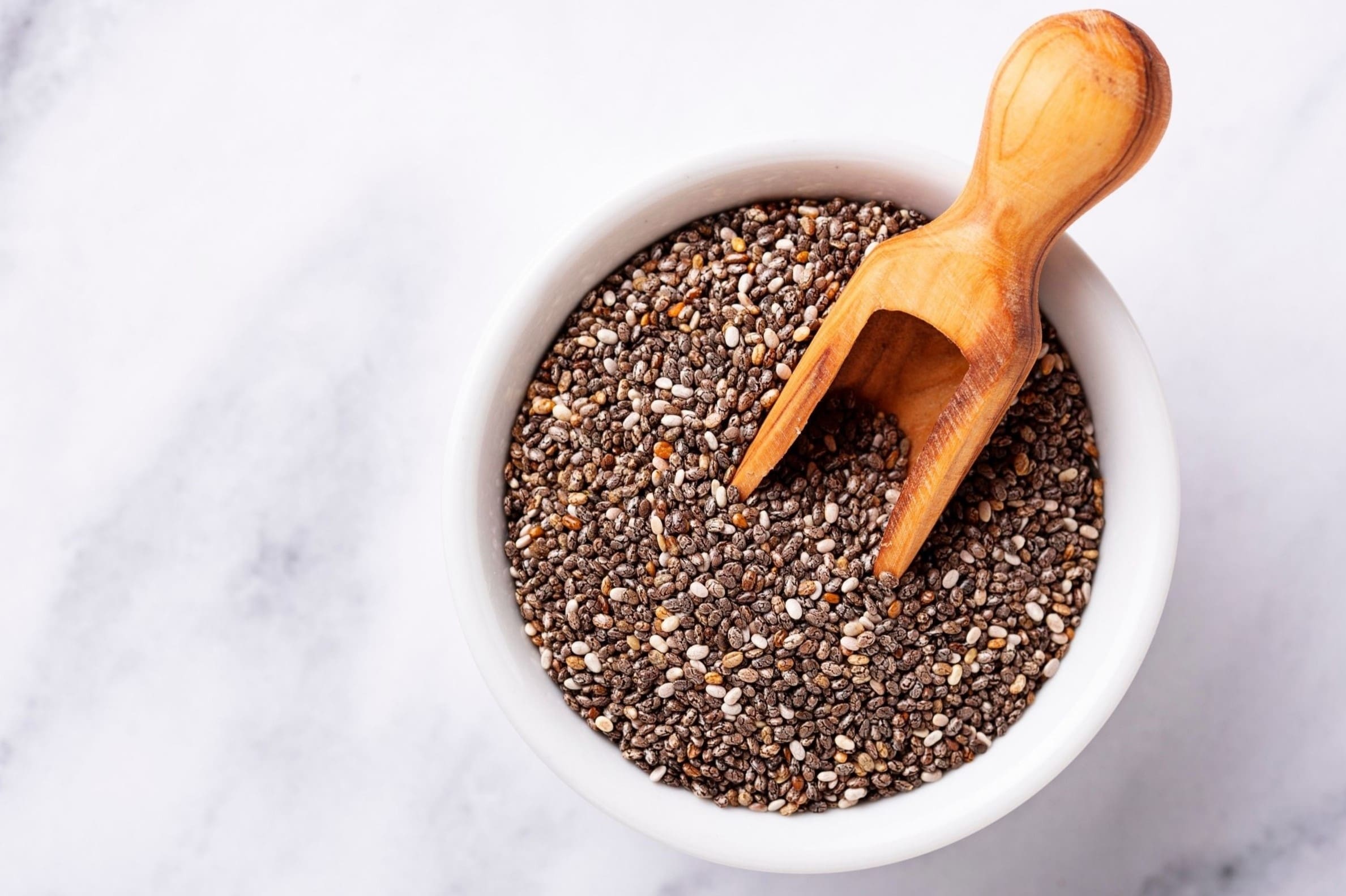
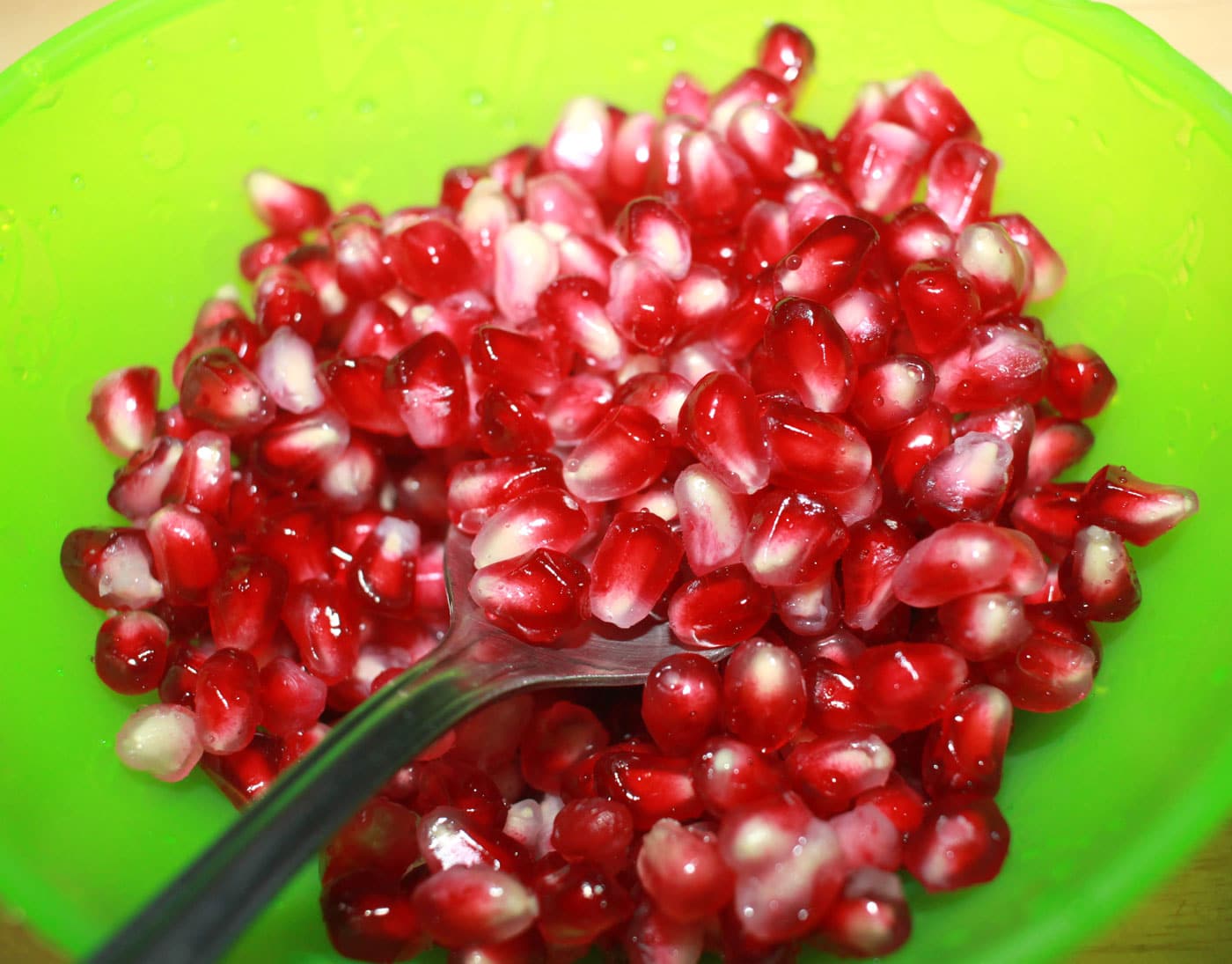
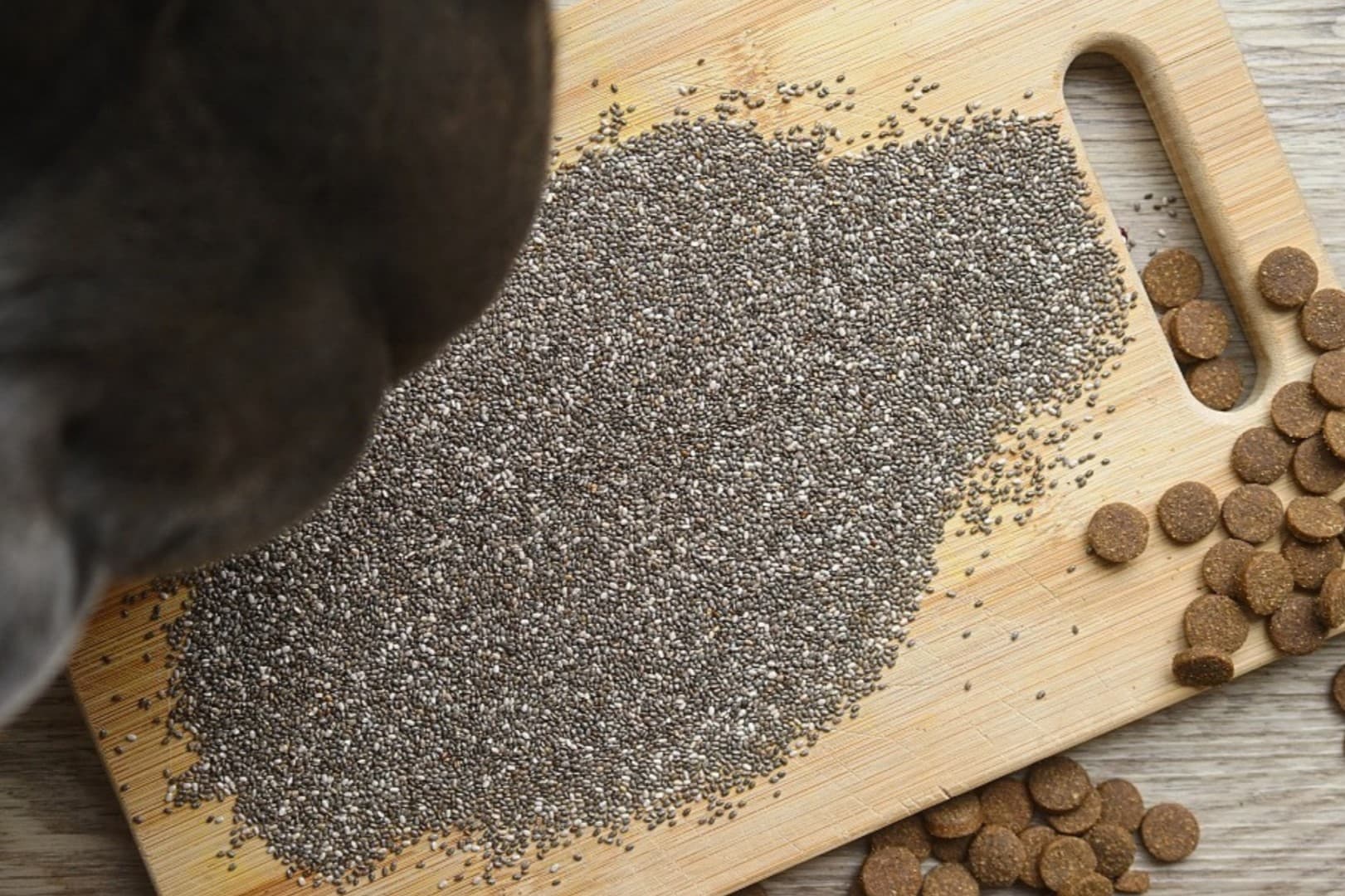
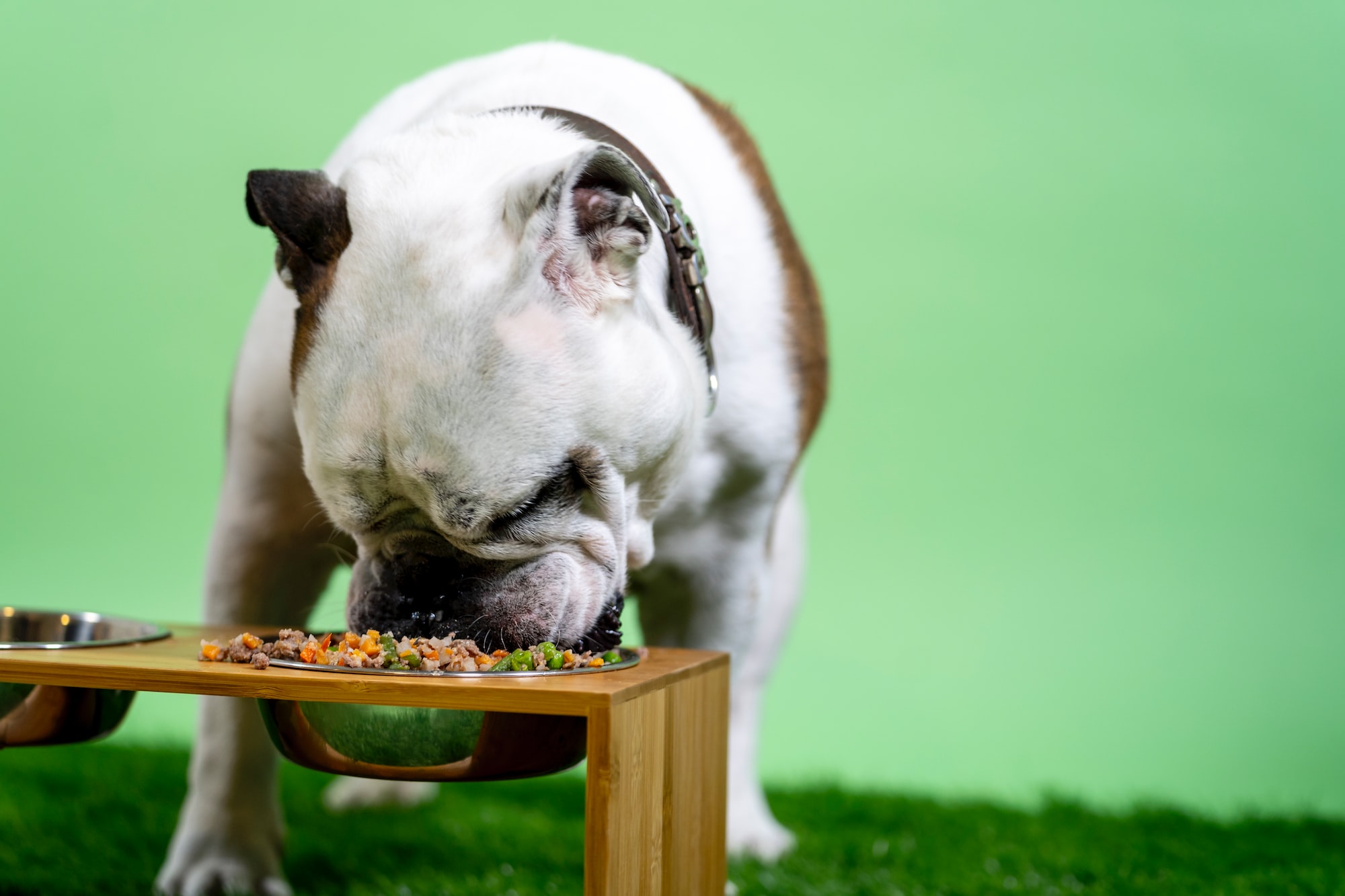
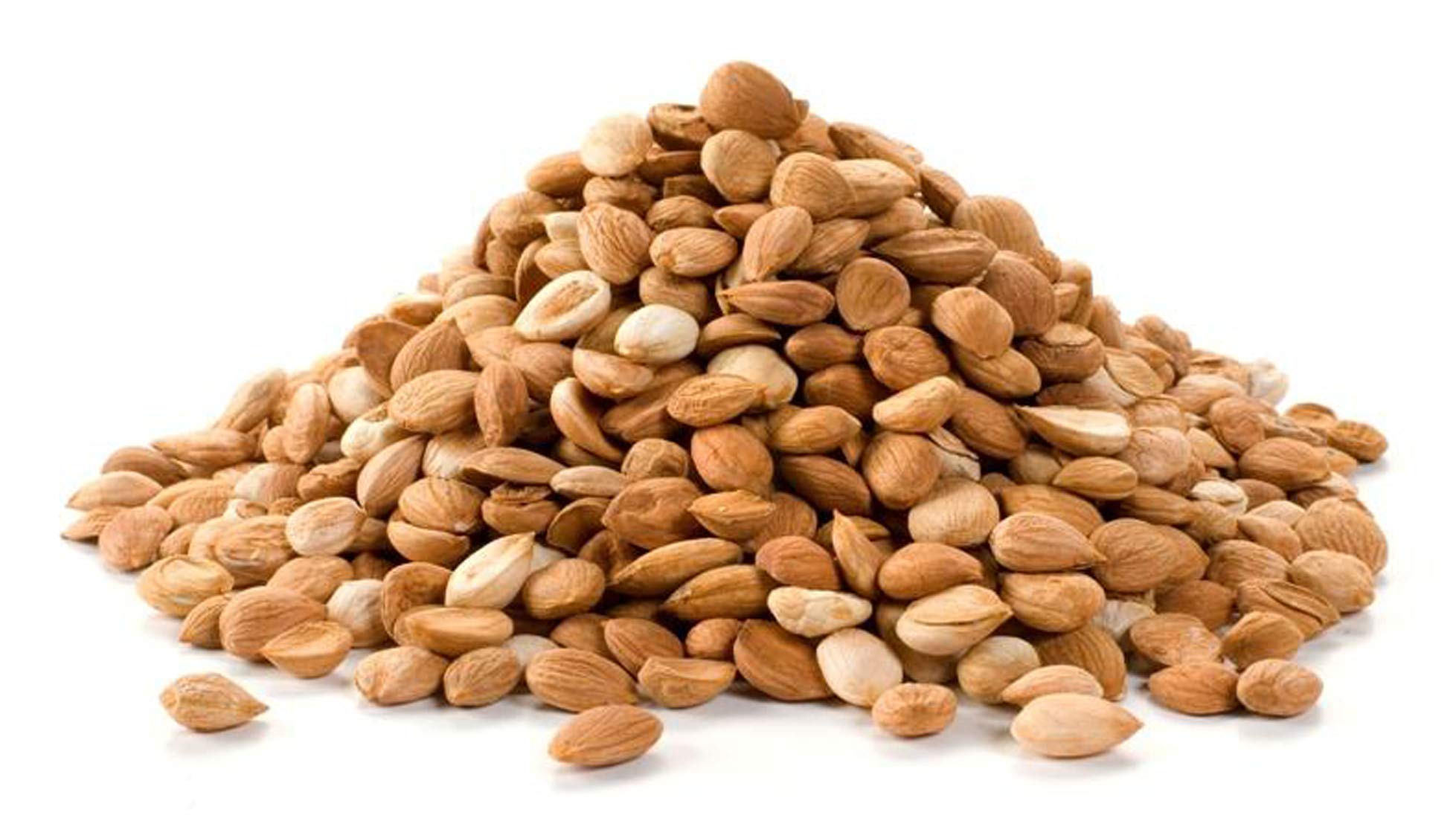
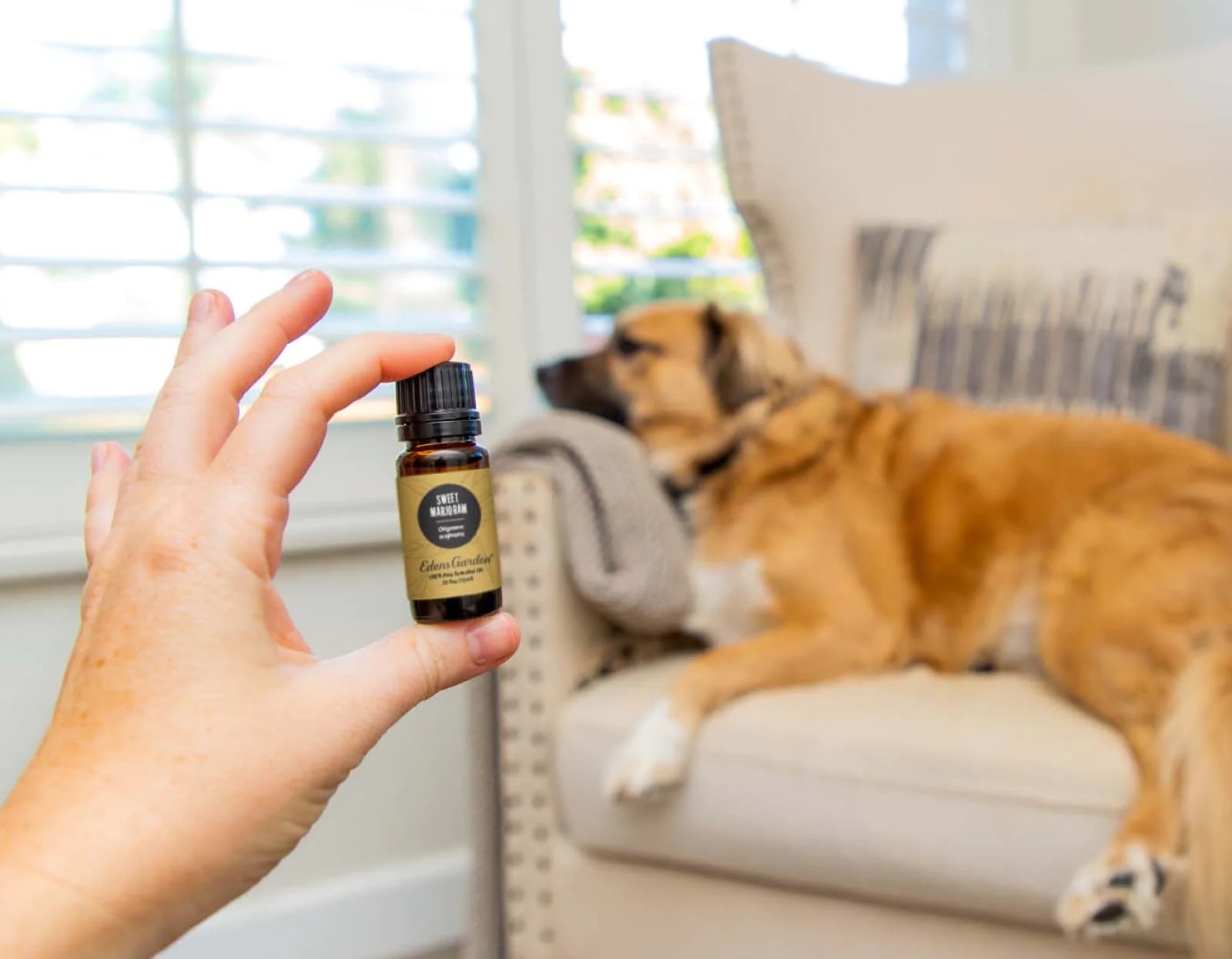
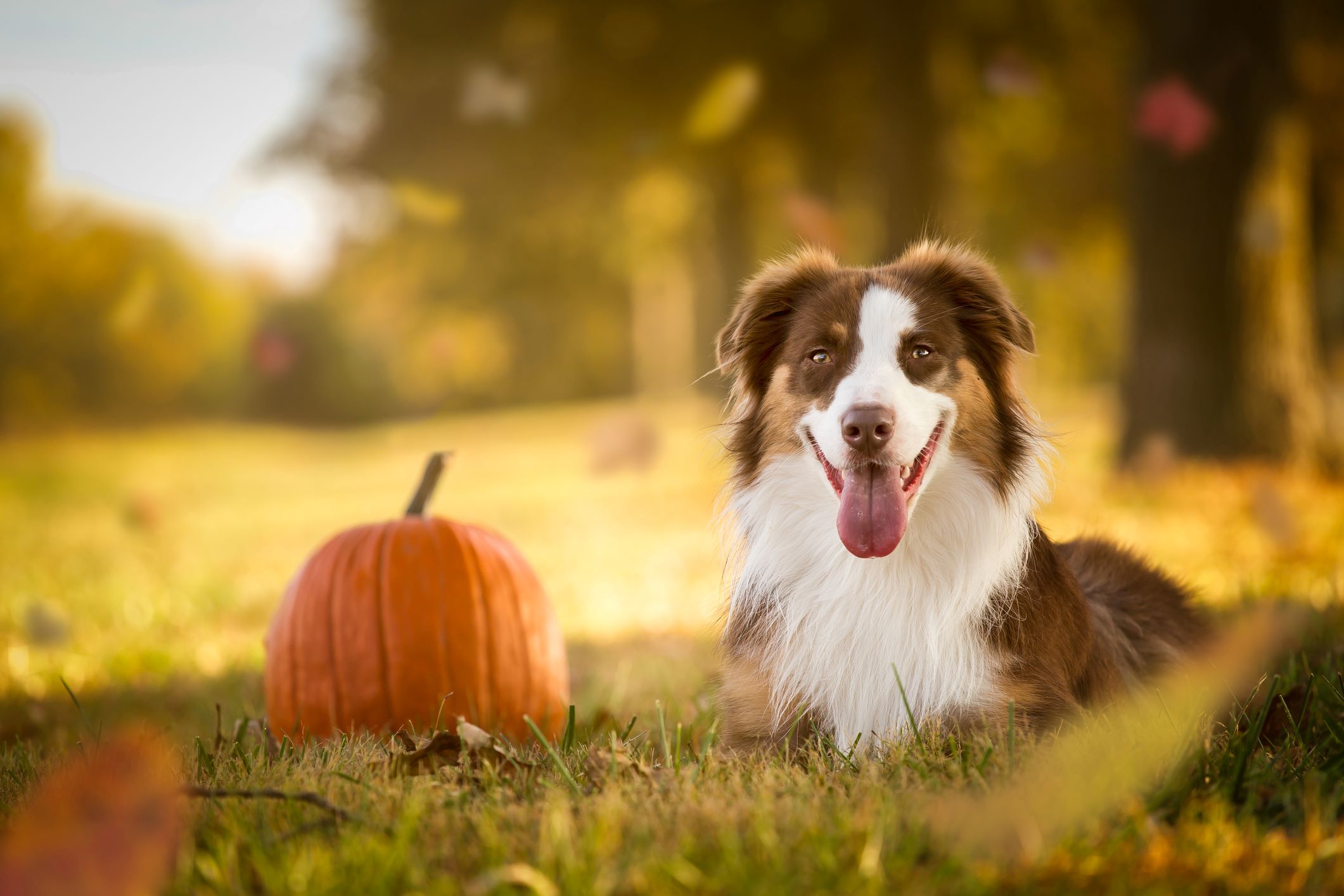
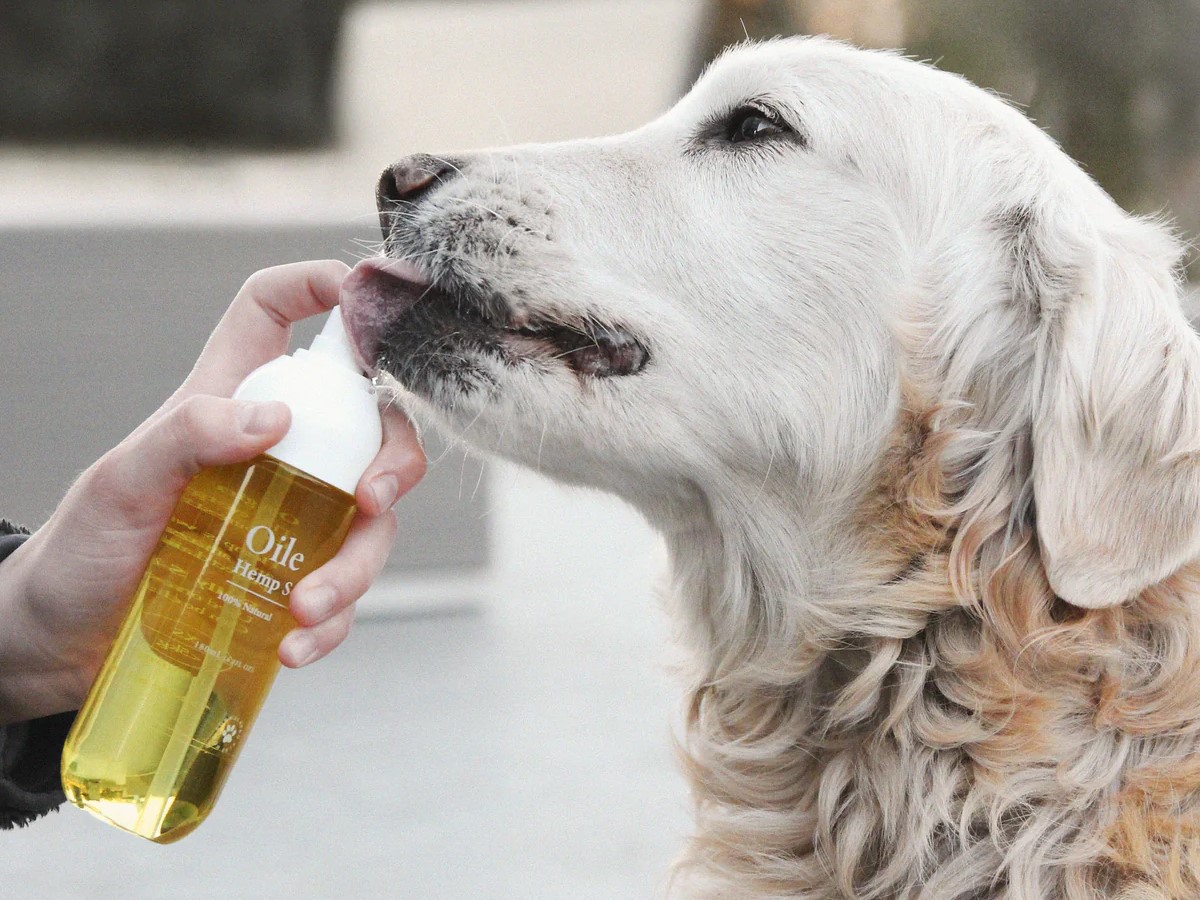

0 thoughts on “What Seeds Are Bad For Dogs”